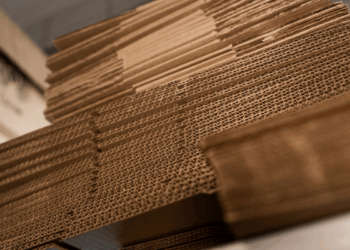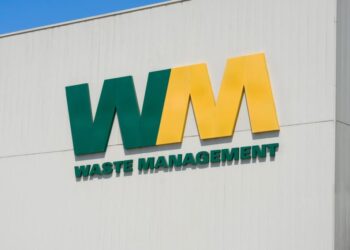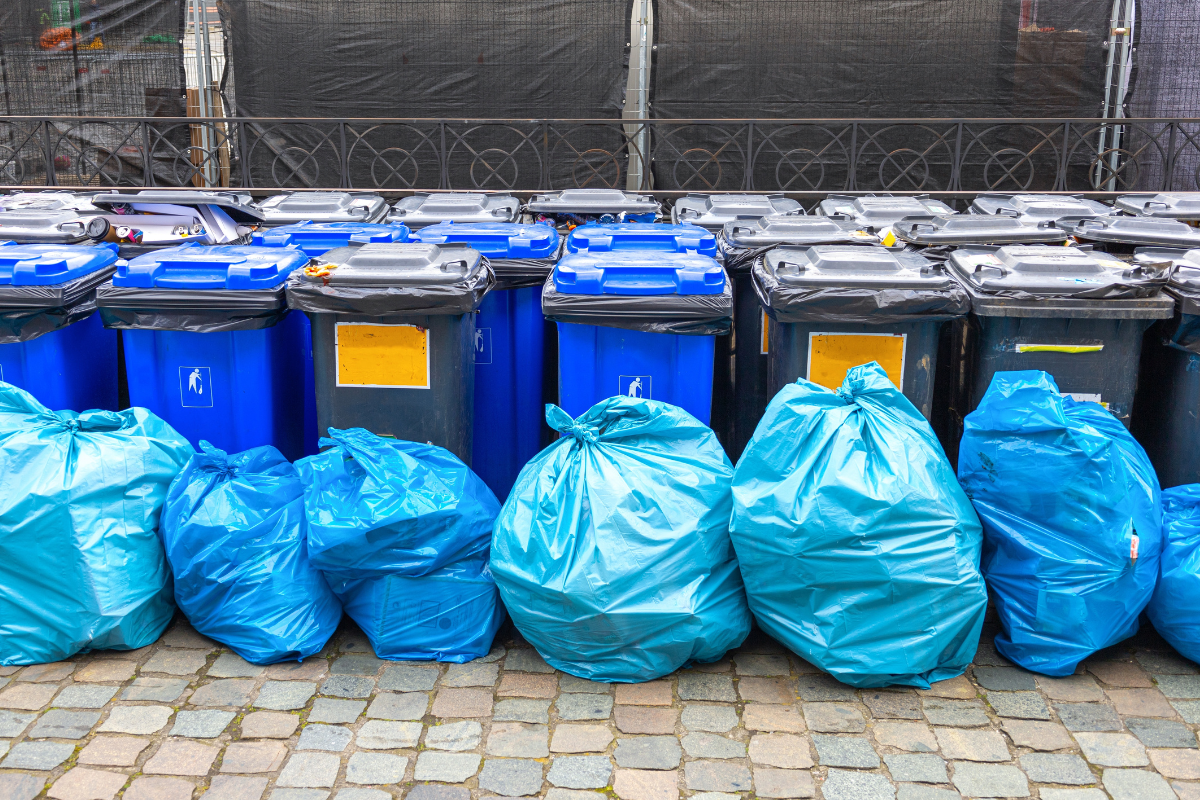Aduro Clean Technologies reported a wider operating loss for fiscal year 2025 as it increased spending on research and pilot-scale construction.
The company bolstered its cash position with a US equity raise and advanced toward commissioning a plastics recycling facility in London, Ontario, where it is based.
Aduro filed audited results showing revenue of C$231,212, down 31% from C$337,516 the prior year. The company said its current revenue comes from evaluation services under its Customer Engagement Program and is non-recurring.
Operations loss rose to C$12.15 million from C$7.44 million in 2024, driven by higher research and development spending, technology scale-up, new employees, share-based compensation and costs tied to its November 2024 Nasdaq listing.
CEO Ofer Vicus said in a statement that fiscal year 2025 was “a period of significant execution against our strategic priorities,” citing progress with the pilot facility being built by Zeton. Commissioning is scheduled to begin in September with feed preparation and reactor systems, followed by the product recovery system in October.
“We also broadened our feedstock testing, including initial work on synthetic turf, which has drawn attention from several parties expressing interest in the results and reflects the growing attention to chemical recycling solutions in this segment,” Vicus said.
Partnerships and initiatives
In May, the company signed a memorandum of understanding (MOU) with NexGen Polymers to explore a demonstration-scale Hydrochemolytic Technology (HCT) plant. The process uses water as a reactive agent to break down plastics and other low-value feedstocks into shorter-chain hydrocarbons at relatively low temperatures.
Aduro also reached a deal with Siemens Canada to provide control systems and engineering services for the pilot. The company said Siemens will help ensure reliable operation, automation and quality data collection.
Another MOU was signed with Cleanfarms, a Canadian producer responsibility organization focused on agricultural waste, to examine the feasibility of processing silage film, bale wrap, grain bags and twine with HCT.
In addition, Aduro engaged Canadian consultancy Delphi to conduct a life cycle assessment (LCA) of HCT for plastics, covering greenhouse gas emissions, energy use and efficiency compared with established recycling methods.
The company’s research efforts have also received academic support, including an NSERC Alliance + Mitacs grant for the Tuning Supercritical Fluids project.
In July, the initial testing of synthetic turf waste was completed. Aduro said its HCT process converted polyolefin components into shorter-chain hydrocarbons without extensive preprocessing, drawing attention from several parties expressing interest in the results.
The company said commissioning of the Next Generation Pilot Plant will move through staged pre-commissioning, cold and wet runs and initial operating campaigns supported by vendors.






























